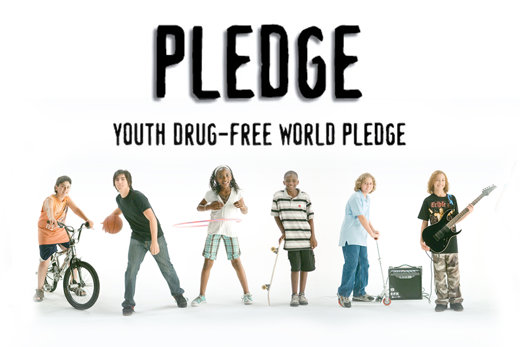What are the short-term effects of crack cocaine?
Crack causes a short-lived, intense high that is immediately followed by the opposite—intense depression, edginess and a craving for more of the drug. People who use it often don’t eat or sleep properly. They can experience greatly increased heart rate, muscle spasms and convulsions. The drug can make people feel paranoid,1 angry, hostile and anxious—even when they aren’t high.
Regardless of how much of the drug is used or how frequently, crack cocaine increases the risk that the user will experience a heart attack, stroke, seizure or respiratory (breathing) failure, any of which can result in sudden death.
Smoking crack further presents a series of health risks. Crack is often mixed with other substances that create toxic fumes when burned. As crack smoke does not remain potent for long, crack pipes are generally very short. This often causes cracked and blistered lips, known as “crack lip,” from users having a very hot pipe pressed against their lips.
“The only thing on my mind was crack cocaine. And if somebody offers you any of it, you’ll jump at it and take it. It’s like offering a starving man a loaf of bread if he walks for miles....
“Things came to a head for me when I’d been smoking constantly for a couple of weeks. One day I just decided I’d had enough—I couldn’t live like this anymore. And I tried to commit suicide.
“I’m going to have to try and fight....I hope my survival instincts kick in.” —John
What are the long-term effects of crack cocaine?
In addition to the usual risks associated with cocaine use, crack users may experience severe respiratory problems, including coughing, shortness of breath, lung damage and bleeding.
Long-term effects from use of crack cocaine include severe damage to the heart, liver and kidneys. Users are more likely to have infectious diseases.
Continued daily use causes sleep deprivation and loss of appetite, resulting in malnutrition. Smoking crack cocaine also can cause aggressive and paranoid behavior.
As crack cocaine interferes with the way the brain processes chemicals, one needs more and more of the drug just to feel “normal.” Those who become addicted to crack cocaine (as with most other drugs) lose interest in other areas of life.
Coming down from the drug causes severe depression, which becomes deeper and deeper after each use. This can get so severe that a person will do almost anything to get the drug—even commit murder. And if he or she can’t get crack cocaine, the depression can get so intense it can drive the addict to suicide.
“I retired as a successful corporate exec who had put two daughters through college and had earned my retirement. My retirement party was, however, the beginning of five years of hell. That was when I was introduced to crack cocaine for the first time. Over the next five years, I would lose my home, my wife, all my financial resources, my health and almost my life. I also spent two years in prison.” —William
PHYSICAL & MENTAL EFFECTS
SHORT-TERM EFFECTS
Because it is smoked, the effects of crack cocaine are more immediate and more intense than that of powdered cocaine.
- Loss of appetite
- Increased heart rate, blood pressure, body temperature
- Contracted blood vessels
- Increased rate of breathing
- Dilated pupils
- Disturbed sleep patterns
- Nausea
- Hyperstimulation
- Bizarre, erratic, sometimes violent behavior
- Hallucinations, hyperexcitability, irritability
- Tactile hallucination that creates the illusion of bugs burrowing under the skin
- Intense euphoria
- Anxiety and paranoia
- Depression
- Intense drug craving
- Panic and psychosis
- Convulsions, seizures and sudden death from high doses (even one time)
LONG-TERM EFFECTS
- Permanent damage to blood vessels of ear and brain, high blood pressure, leading to heart attacks, strokes and death
- Liver, kidney and lung damage
- Severe chest pains
- Respiratory failure
- Infectious diseases and abscesses if injected
- Malnutrition, weight loss
- Severe tooth decay
- Auditory and tactile hallucinations
- Sexual problems, reproductive damage and infertility (for both men and women)
- Disorientation, apathy, confused exhaustion
- Irritability and mood disturbances
- Increased frequency of risky behavior
- Delirium or psychosis
- Severe depression
- Tolerance and addiction (even after just one use)













